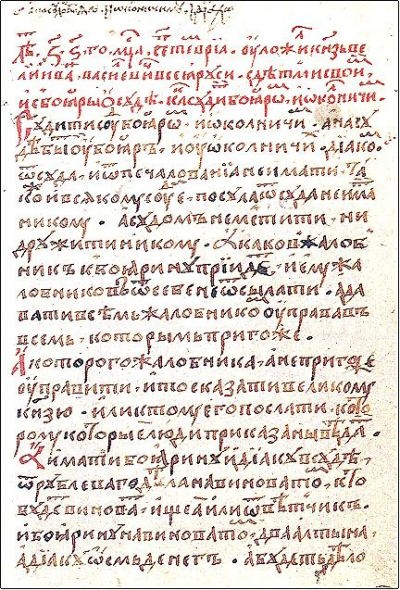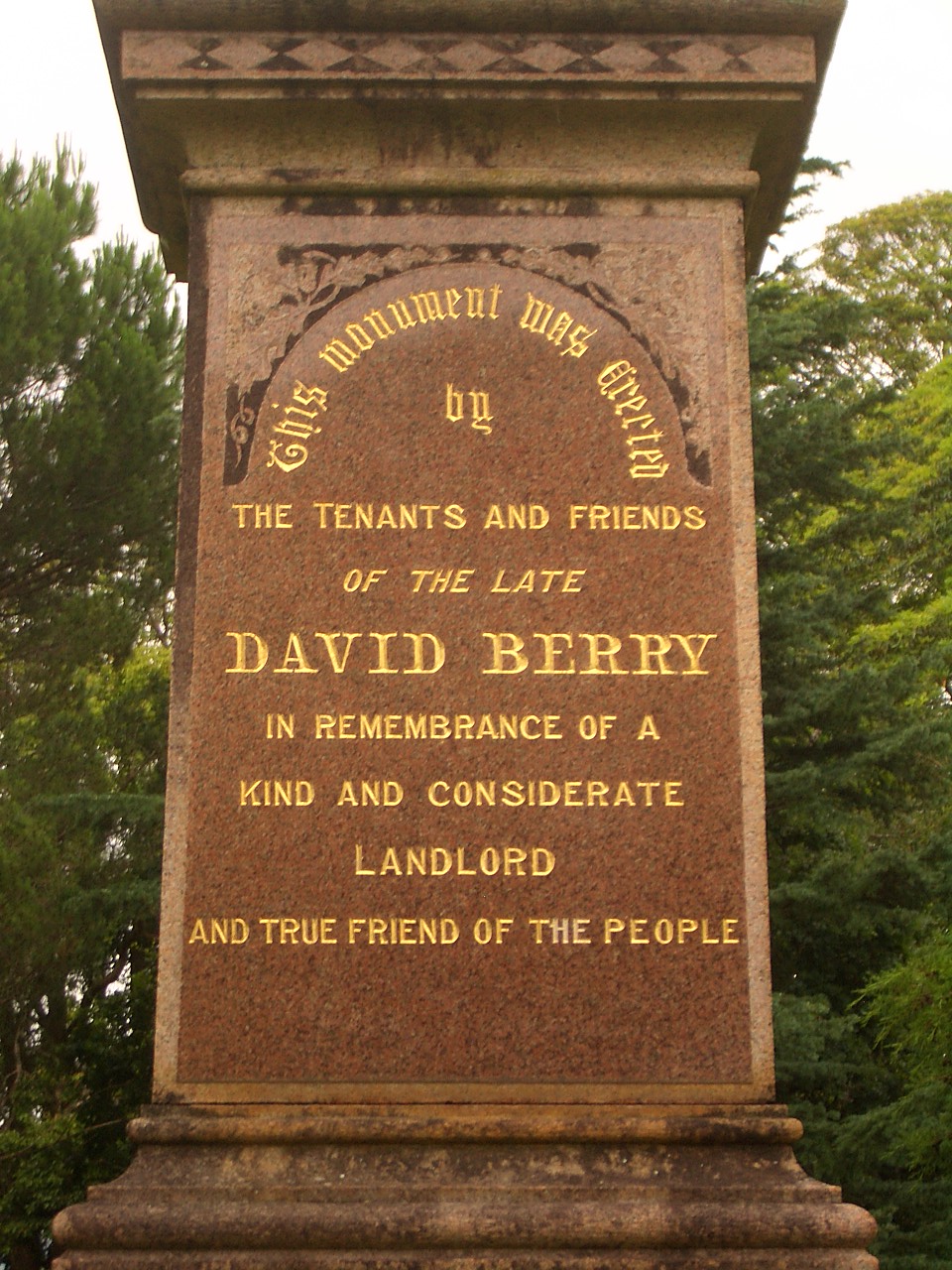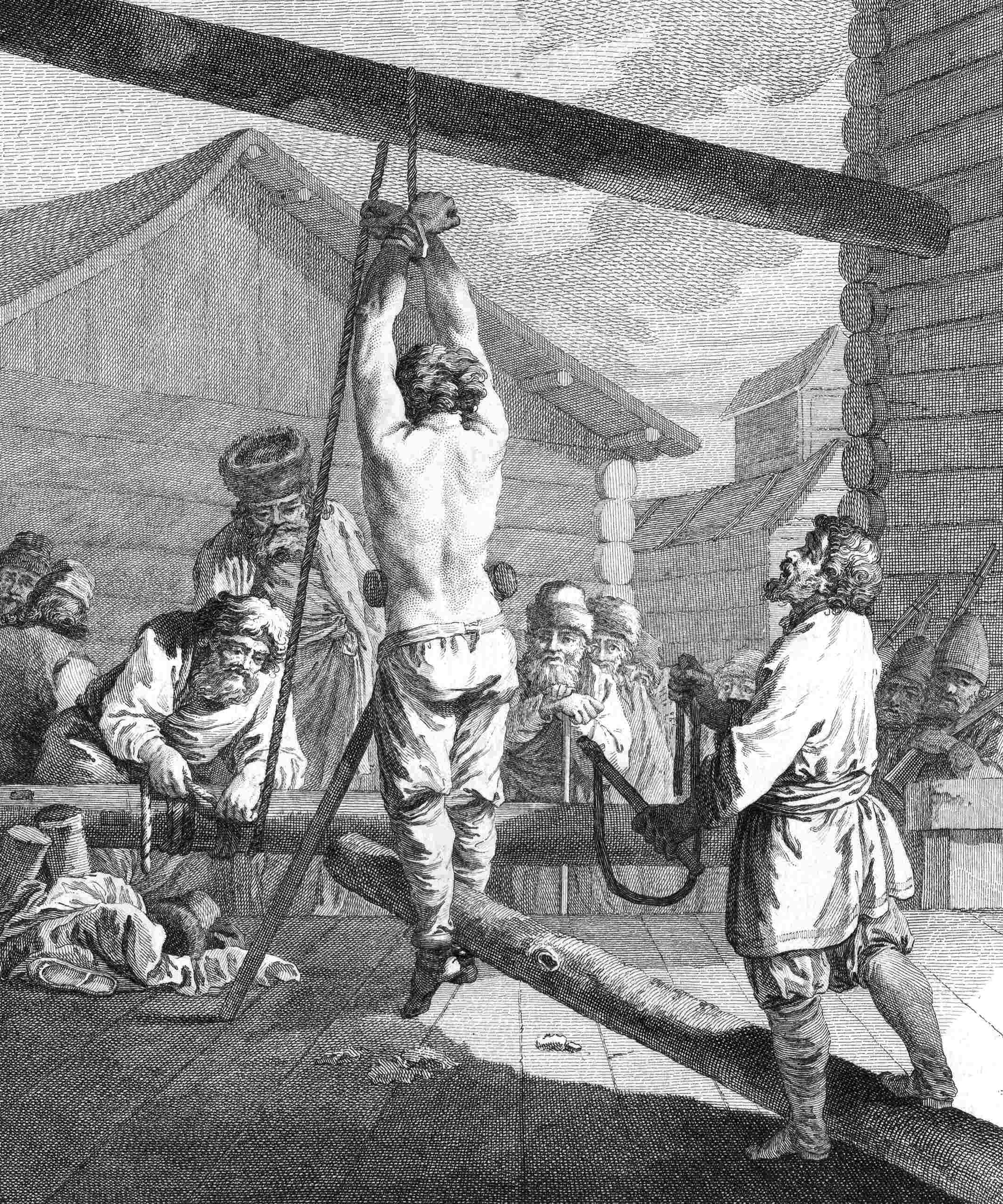|
Sudebnik Of 1497
The Sudebnik of 1497 (), also known as the Sudebnik of Ivan III (), was a collection of laws introduced by Ivan III in 1497. It played a big part in the centralisation of the Russian state, the creation of all-Russian legislation, and the elimination of feudal fragmentation.Monuments of Russian Law. Vol. 3: Monuments of Law in the Period of Formation of Russian Centralized State in 14—15 centuries / ed. by Lev Cherepnin. Moscow, 1955. P. 419—420, 426—432, 438—457. (. Also full Old Russian text and translation into modern Russian). It was later replaced by the Sudebnik of 1550 under Ivan IV. Content The ''Sudebnik'' replaced the former legal charters of different Russian principalities as a code for the entire state. It set up an order of court procedures and legal norms, binding uniformly on all parts of the state and strengthening the central authority in Moscow. The ''Sudebnik'' takes its roots from earlier law codes, including the '' Russkaya Pravda'', the Pskov ... [...More Info...] [...Related Items...] OR: [Wikipedia] [Google] [Baidu] |
Criminal Justice
Criminal justice is the delivery of justice to those who have been accused of committing crimes. The criminal justice system is a series of government agencies and institutions. Goals include the rehabilitation of offenders, preventing other crimes, and moral support for victims. The primary institutions of the criminal justice system are the police, prosecution and defense lawyers, the courts and the prisons system. Criminal justice system Definition The criminal justice system consists of three main parts: #Law enforcement agencies, usually the police #Courts ,accompanying prosecution and defence lawyers #Agencies for detaining and supervising offenders, such as prisons and probation agencies. In the criminal justice system, these distinct agencies operate together as the principal means of maintaining the rule of law within society. Law enforcement The first contact a defendant has with the criminal justice system is usually with the police (or ''law enforcement'') wh ... [...More Info...] [...Related Items...] OR: [Wikipedia] [Google] [Baidu] |
Boyar
A boyar or bolyar was a member of the highest rank of the feudal nobility in many Eastern European states, including Bulgaria, Kievan Rus' (and later Russia), Moldavia and Wallachia (and later Romania), Lithuania and among Baltic Germans. Comparable to Dukes/Grand Dukes, Boyars were second only to the ruling princes, grand princes or tsars from the 10th to the 17th centuries. Etymology Also known as ''bolyar''; variants in other languages include or ; , , ; , ; and . The title Boila is predecessor or old form of the title Bolyar (the Bulgarian word for Boyar). Boila was a title worn by some of the Bulgar aristocrats (mostly of regional governors and noble warriors) in the First Bulgarian Empire (681–1018). The plural form of boila ("noble"), ''bolyare'' is attested in Bulgar inscriptions and rendered as ''boilades'' or ''boliades'' in the Greek of Byzantine documents. Multiple different derivation theories of the word have been suggested by scholars and linguists ... [...More Info...] [...Related Items...] OR: [Wikipedia] [Google] [Baidu] |
Property
Property is a system of rights that gives people legal control of valuable things, and also refers to the valuable things themselves. Depending on the nature of the property, an owner of property may have the right to consume, alter, share, rent, sell, exchange, transfer, give away, or destroy it, or to exclude others from doing these things, as well as to perhaps abandon it; whereas regardless of the nature of the property, the owner thereof has the right to properly use it under the granted Property rights (economics), property rights. In economics and political economy, there are three broad forms of property: private property, public property, and collective property (or ''cooperative propert''y). Property may be jointly owned by more than one party equally or unequally, or according to simple or complex agreements; to distinguish ownership and easement from rent, there is an expectation that each party's will with regard to the property be clearly defined and unconditional ... [...More Info...] [...Related Items...] OR: [Wikipedia] [Google] [Baidu] |
Legal Action
In legal terminology, a complaint is any formal legal document that sets out the facts and legal reasons (see: cause of action) that the filing party or parties (the plaintiff(s)) believes are sufficient to support a claim against the party or parties against whom the claim is brought (the defendant(s)) that entitles the plaintiff(s) to a remedy (either money damages or injunctive relief). For example, the Federal Rules of Civil Procedure (FRCP) that govern civil litigation in United States courts provide that a civil action is commenced with the filing or service of a pleading called a complaint. Civil court rules in states that have incorporated the Federal Rules of Civil Procedure use the same term for the same pleading. In Civil Law, a "complaint" is the first formal action taken to officially begin a lawsuit. This written document contains the allegations against the defense, the specific laws violated, the facts that led to the dispute, and any demands made by t ... [...More Info...] [...Related Items...] OR: [Wikipedia] [Google] [Baidu] |
Statute Of Limitations
A statute of limitations, known in civil law systems as a prescriptive period, is a law passed by a legislative body to set the maximum time after an event within which legal proceedings may be initiated. ("Time for commencing proceedings") In most jurisdictions, such periods exist for both criminal law and civil law such as contract law and property law, though often under different names and with varying details. When the time which is specified in a statute of limitations runs out, a claim might no longer be filed or, if it is filed, it may be subject to dismissal if the defense against that claim is raised that the claim is time-barred as having been filed after the statutory limitations period. When a statute of limitations expires in a criminal case, the courts no longer have jurisdiction. In many jurisdictions with statutes of limitation there is no time limit for dealing with particularly serious crimes. In civil law systems, such provisions are typically part of the ... [...More Info...] [...Related Items...] OR: [Wikipedia] [Google] [Baidu] |
Landownership
A landlord is the owner of property such as a house, apartment, condominium, land, or real estate that is rented or leased to an individual or business, known as a tenant (also called a ''lessee'' or ''renter''). The term landlord applies when a juristic person occupies this position. Alternative terms include lessor and owner. For female property owners, the term landlady may be used. In the United Kingdom, the manager of a pub, officially a licensed victualler, is also referred to as the landlord/landlady. In political economy, landlord specifically refers to someone who owns natural resources (such as land, excluding buildings) from which they derive economic rent, a form of passive income. History The concept of a landlord can be traced to the feudal system of manoralism ( seignorialism), where landed estates were owned by Lords of the Manor (mesne lords). These lords were typically members of the lower nobility who later formed the rank of knights during the hig ... [...More Info...] [...Related Items...] OR: [Wikipedia] [Google] [Baidu] |
Feudal
Feudalism, also known as the feudal system, was a combination of legal, economic, military, cultural, and political customs that flourished in Middle Ages, medieval Europe from the 9th to 15th centuries. Broadly defined, it was a way of structuring society around relationships derived from the holding of land in exchange for service or labour. The classic definition, by François Louis Ganshof (1944),François Louis Ganshof (1944). ''Qu'est-ce que la féodalité''. Translated into English by Philip Grierson as ''Feudalism'', with a foreword by F. M. Stenton, 1st ed.: New York and London, 1952; 2nd ed: 1961; 3rd ed.: 1976. describes a set of reciprocal legal and Medieval warfare, military obligations of the warrior nobility and revolved around the key concepts of lords, vassals, and fiefs. A broader definition, as described by Marc Bloch (1939), includes not only the obligations of the warrior nobility but the obligations of all three estates of the realm: the nobility, the cl ... [...More Info...] [...Related Items...] OR: [Wikipedia] [Google] [Baidu] |
Flagellation
Flagellation (Latin , 'whip'), flogging or whipping is the act of beating the human body with special implements such as whips, Birching, rods, Switch (rod), switches, the cat o' nine tails, the sjambok, the knout, etc. Typically, flogging has been imposed on an unwilling subject as a punishment; however, it can also be submitted to willingly and even done by oneself in sadomasochistic or religious contexts. The strokes are typically aimed at the unclothed back of a person, though they can be administered to other areas of the body. For a moderated subform of flagellation, described as ''bastinado'', the soles of a person's barefoot, bare feet are used as a target for beating (see foot whipping). In some circumstances the word ''flogging'' is used loosely to include any sort of corporal punishment, including birching and caning. However, in British legal terminology, a distinction was drawn between ''flogging'' (with a cat o' nine tails) and ''whipping'' (formerly with a ... [...More Info...] [...Related Items...] OR: [Wikipedia] [Google] [Baidu] |
Death Penalty
Capital punishment, also known as the death penalty and formerly called judicial homicide, is the state-sanctioned killing of a person as punishment for actual or supposed misconduct. The sentence ordering that an offender be punished in such a manner is called a death sentence, and the act of carrying out the sentence is an execution. A prisoner who has been sentenced to death and awaits execution is ''condemned'' and is commonly referred to as being "on death row". Etymologically, the term ''capital'' (, derived via the Latin ' from ', "head") refers to execution by beheading, but executions are carried out by many methods, including hanging, shooting, lethal injection, stoning, electrocution, and gassing. Crimes that are punishable by death are known as ''capital crimes'', ''capital offences'', or ''capital felonies'', and vary depending on the jurisdiction, but commonly include serious crimes against a person, such as murder, assassination, mass murder, child ... [...More Info...] [...Related Items...] OR: [Wikipedia] [Google] [Baidu] |
Punishment
Punishment, commonly, is the imposition of an undesirable or unpleasant outcome upon an individual or group, meted out by an authority—in contexts ranging from child discipline to criminal law—as a deterrent to a particular action or behavior that is deemed undesirable. It is, however, possible to distinguish between various different understandings of what punishment is. The reasoning for punishment may be to condition a child to avoid self-endangerment, to impose social conformity (in particular, in the contexts of compulsory education or military discipline), to defend norms, to protect against future harms (in particular, those from violent crime), and to maintain the law—and respect for rule of law—under which the social group is governed. and violates the law or rules by which the group is governed. Punishment may be self-inflicted as with self-flagellation and mortification of the flesh in the religious setting, but is most often a form of socia ... [...More Info...] [...Related Items...] OR: [Wikipedia] [Google] [Baidu] |
Crime
In ordinary language, a crime is an unlawful act punishable by a State (polity), state or other authority. The term ''crime'' does not, in modern criminal law, have any simple and universally accepted definition,Farmer, Lindsay: "Crime, definitions of", in Cane and Conoghan (editors), ''The New Oxford Companion to Law'', Oxford University Press, 2008 (), p. 263Google Books). though statutory definitions have been provided for certain purposes. The most popular view is that crime is a Category of being, category created by law; in other words, something is a crime if declared as such by the relevant and applicable law. One proposed definition is that a crime or offence (or criminal offence) is an act harmful not only to some individual but also to a community, society, or the state ("a public wrong"). Such acts are forbidden and punishable by law. The notion that acts such as murder, rape, and theft are to be prohibited exists worldwide. What precisely is a criminal offence is def ... [...More Info...] [...Related Items...] OR: [Wikipedia] [Google] [Baidu] |







